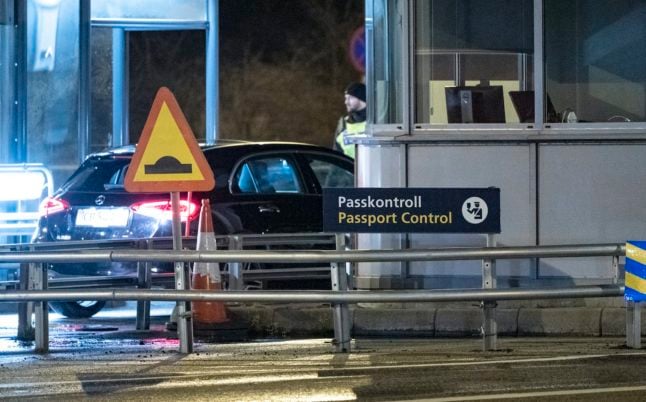“What’s most important is that those who come to Sweden quickly learn the language and enter the labour market,” three Liberal party ministers, Jan Björklund, Erik Ullenhag and Nyamko Sabuni, wrote in an opinion article in the Dagens Nyheter (DN) newspaper.
According to the ministers, “the Swedish language is one of the keys to Swedish society” and as a result Swedish integration policies should put more focus on ensuring new arrivals to Sweden learn the local language.
In addition to implementing a language requirement for Swedish citizenship, the Liberal Party also wants to see more individualized language instruction for immigrants.
“In order to improve results, there needs to be more adaptation of classes to participants’ individual circumstances,” the ministers write.
“There needs to be more flexibility.”
Among other things, they want to see Swedish language classes offered to immigrants (SFI) offered on a part-time and evening basis, as well as allowing participants to enroll year round.
While the ministers emphasize the importance of Sweden being an “open and tolerant” country that should offer protection to asylum seekers and embrace the increasing need for labour migrants, the trio laments statistics indicating that only 50 percent of refugees and their relatives have found work after seven years in Sweden.
“How we manage to open our society and labour market for people who flee to or seek a better future in Sweden is going to be critical for Sweden’s development,” according to the Liberal ministers.
In addition to putting an increased emphasis on learning the Swedish language, the party’s new eight-point integration policy programme also calls for immigrants to prove they are fully engaged in looking for work or gaining skills that could lead to employment before they are granted welfare benefits.
Immigrants who decline an offer of employment should also lose the establishment subsidies designed to help new arrivals get situated in Sweden, the ministers argue.
The Liberal Party also proposes that Sweden scrap retroactive parental leave benefits in order to reduce the likelihood that foreign born women refrain from participating in employment preparation programmes and language courses.
“The structure of parental benefits has resulted in them becoming a trap for many foreign-born women who come to Sweden with pre-school aged children,” write the ministers.
Another measure designed to get more foreign-born women working in Sweden includes allowing greater access to job preparation and society orientation programmes for immigrants following family members who have already arrived in Sweden, the majority of which are women.
“To close our borders and reject people who come here to work and have a better future would be a historic mistake,” write Björklund, Ullenhag and Sabuni.
“At the same time, we need to be better at giving people who immigrate a real opportunity to enter the labour market.”
Speaking with the TT news agency, Björklund defended his party’s call for making Swedish citizenship conditional on learning the language, something for which the party was criticized for proposing back in 2002.
“We have to do a better job with integration,” he said.
“Other parties want to close our borders. We don’t. But then we also have a responsibility to make integration work for the people who come here, and that’s a job we want to take.”
TT/The Local/dl



 Please whitelist us to continue reading.
Please whitelist us to continue reading.
Member comments